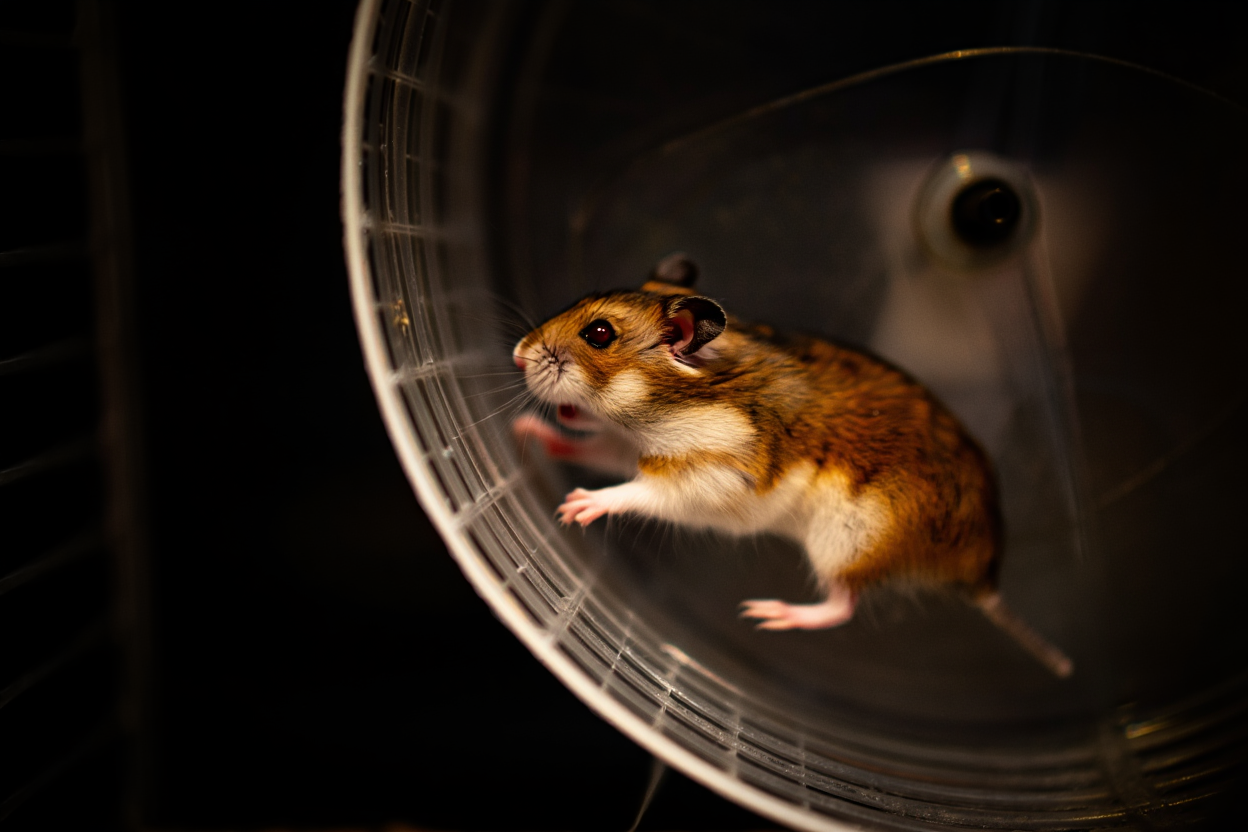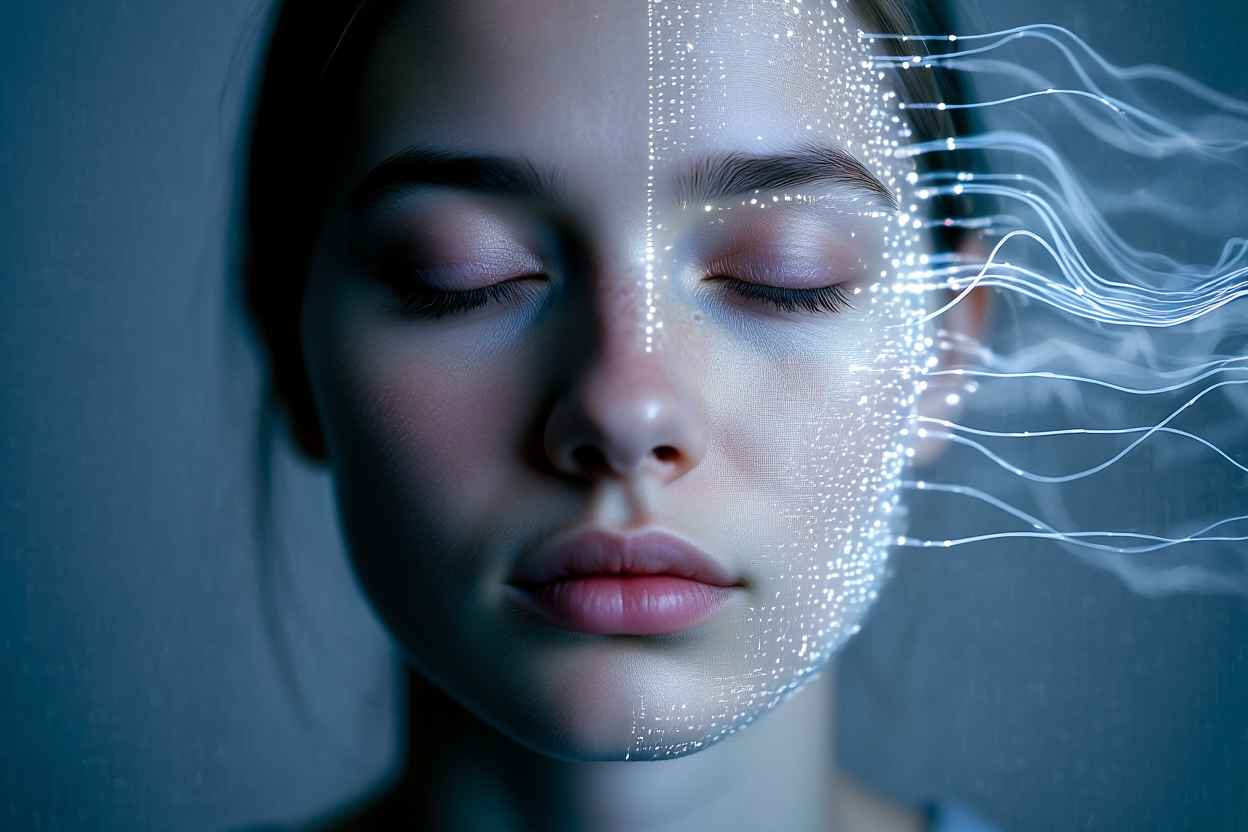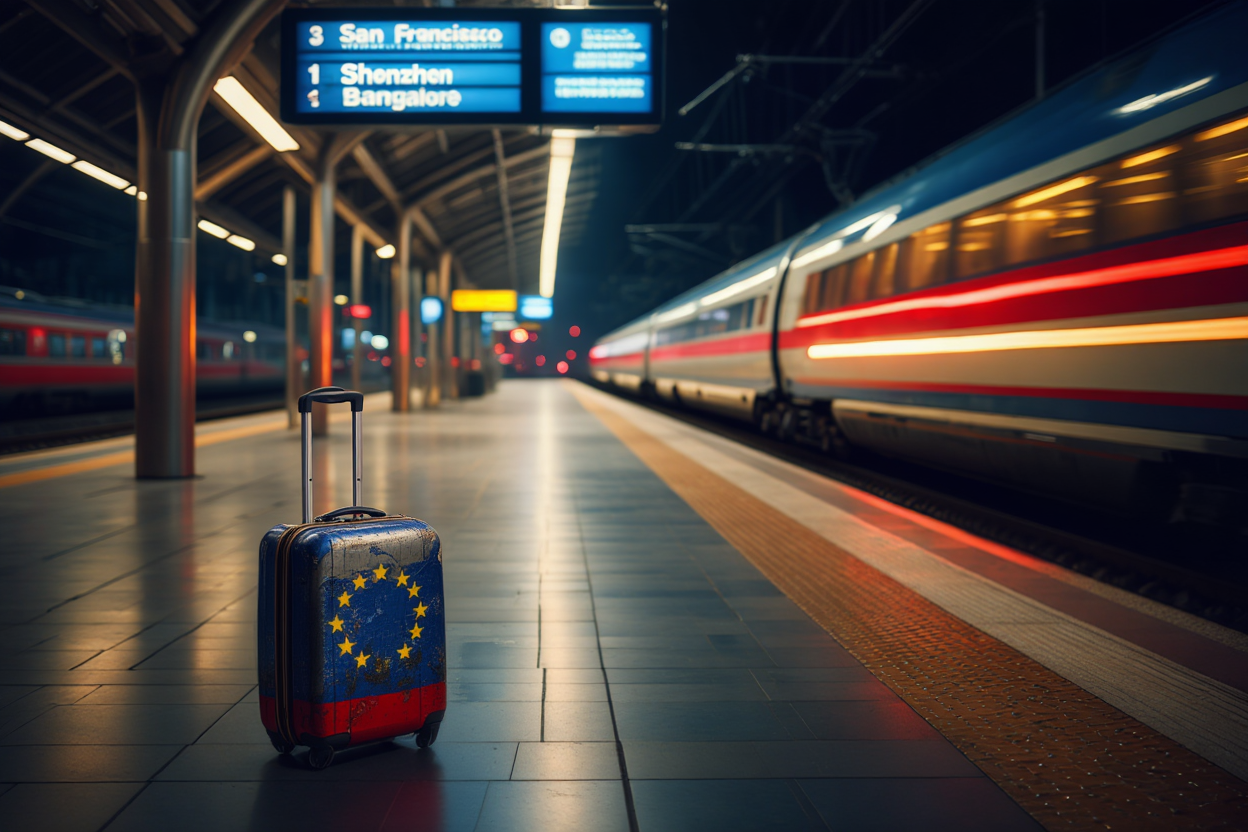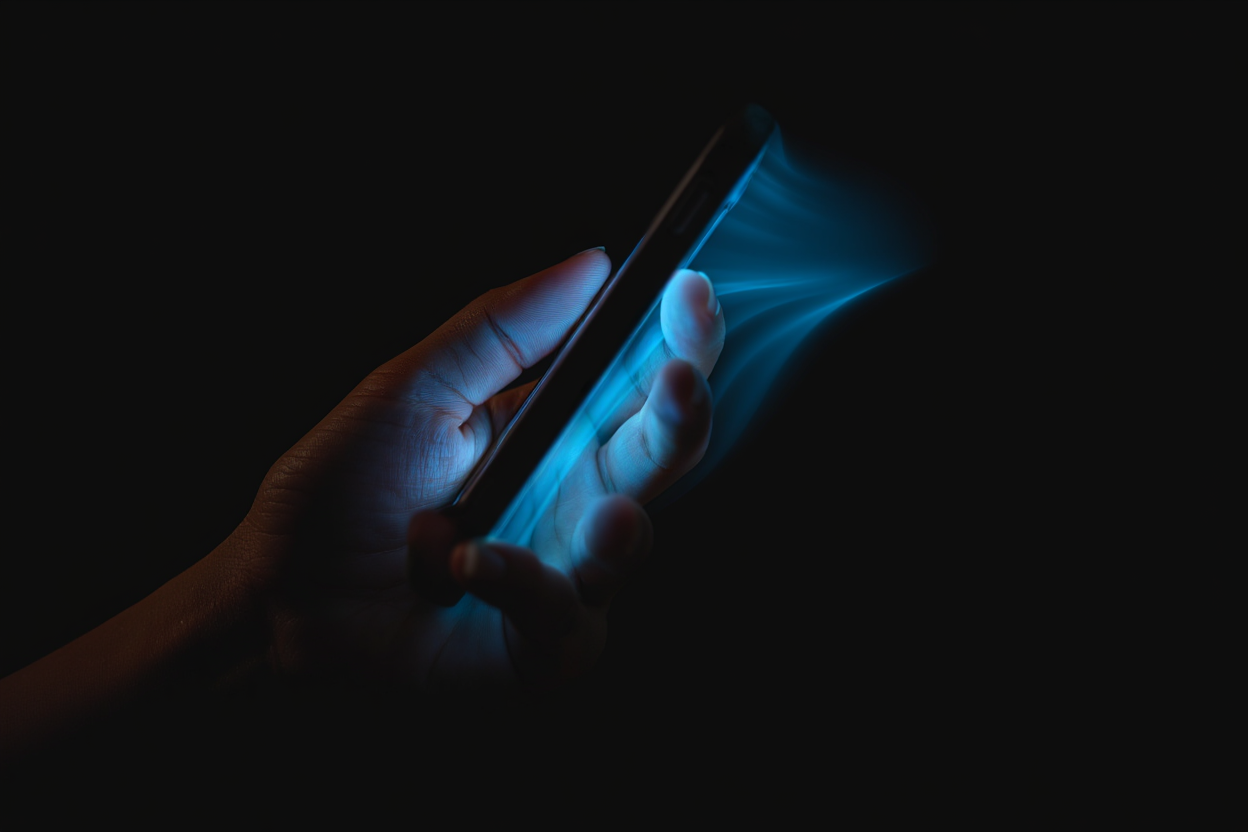A few years ago, we complained about having too much information. Today, our brains still run at their natural pace… but the world has hit x20.
So we tried to keep up. To go faster. And we did. So fast that we no longer read, we scroll. So fast that we no longer think, we react. And when we no longer have time to understand, we ask a machine to summarize the world for us. We’ve handed over to algorithms what made us most human: doubting, searching, fumbling, thinking. They answer faster, more clearly, more convincingly than we ever could.
And yet, something fades within that flawless surface: the effort to understand, the joy of discovery, the slow birth of meaning.
In this accelerated world, speed has become an ideal, almost a moral value. But by chasing it, we’ve stopped moving forward. We react instead of reflecting, we produce instead of thinking. What if real intelligence wasn’t about computing power, but about the ability to slow down?
That’s what this article is about: the speed that shapes our minds, the trap of automatic thinking, and the lucid slowness we must relearn, not to go backward, but to rediscover the art of inhabiting the world with attention.
Because in the age of artificial intelligence, thinking slowly is no longer a luxury, it’s an act of courage.




